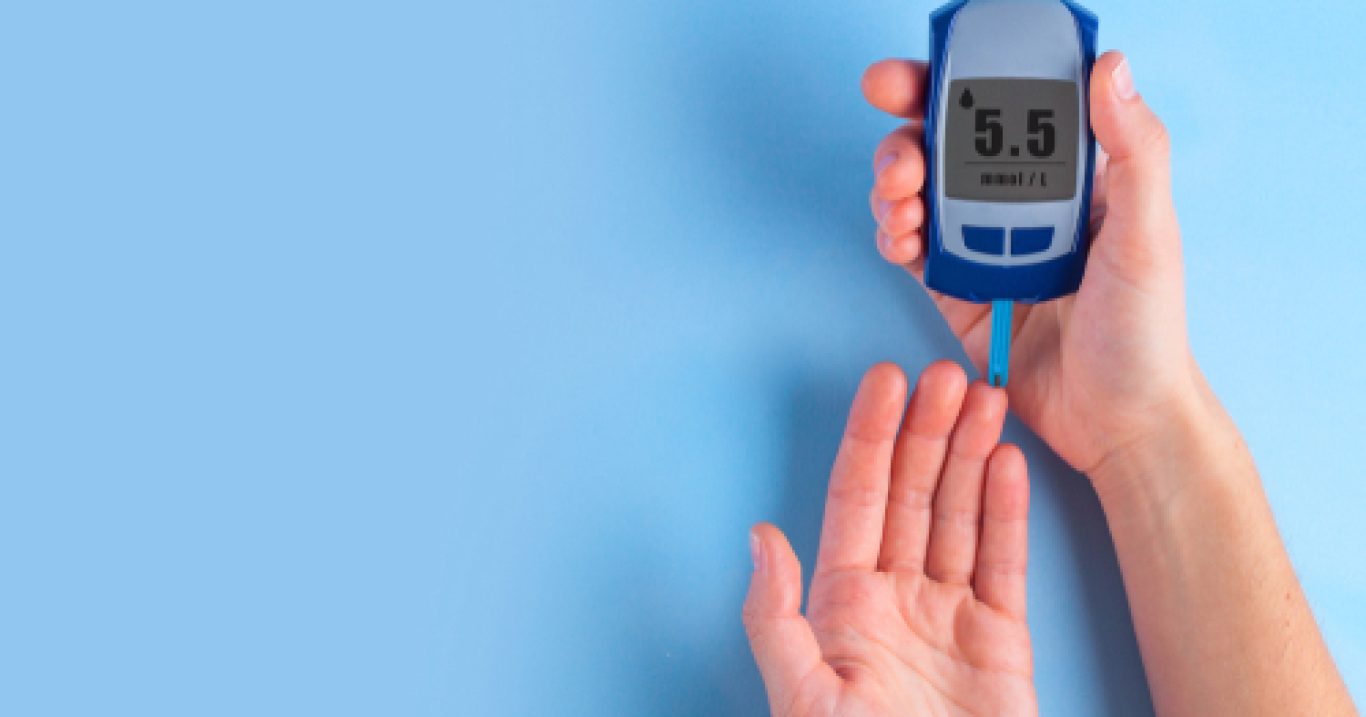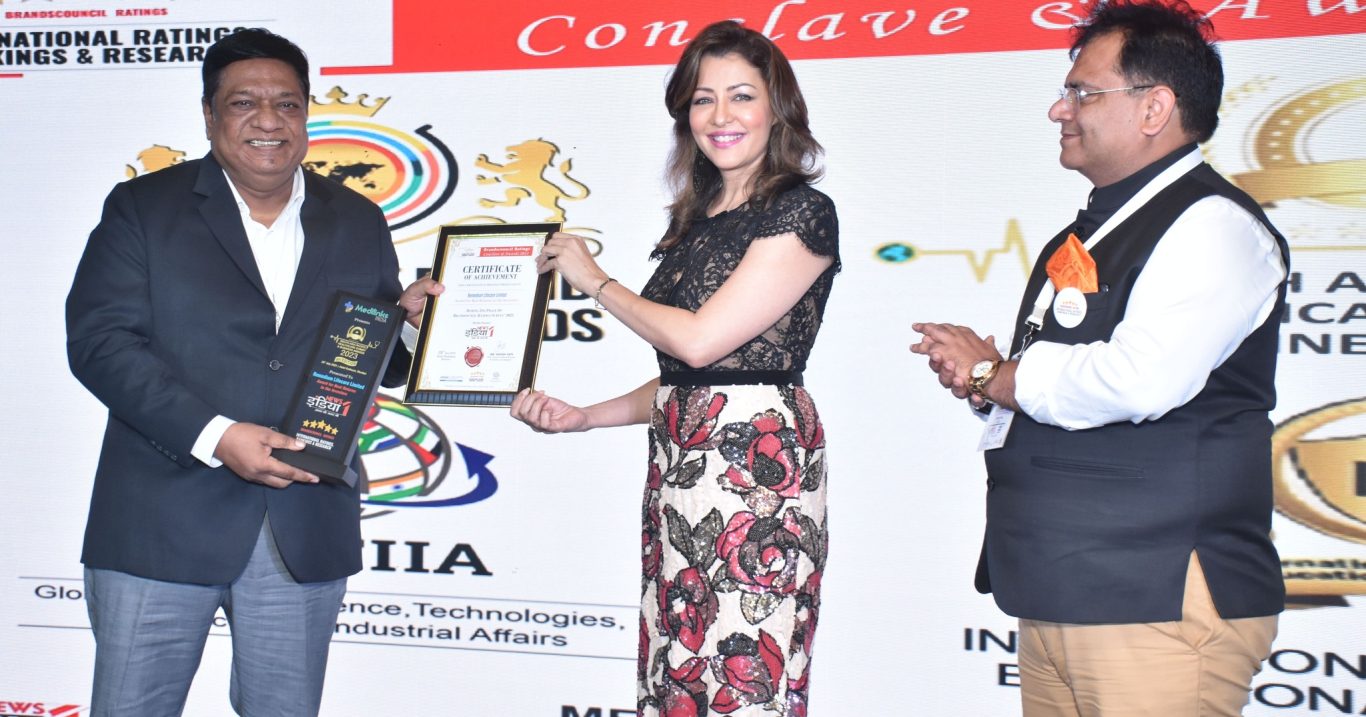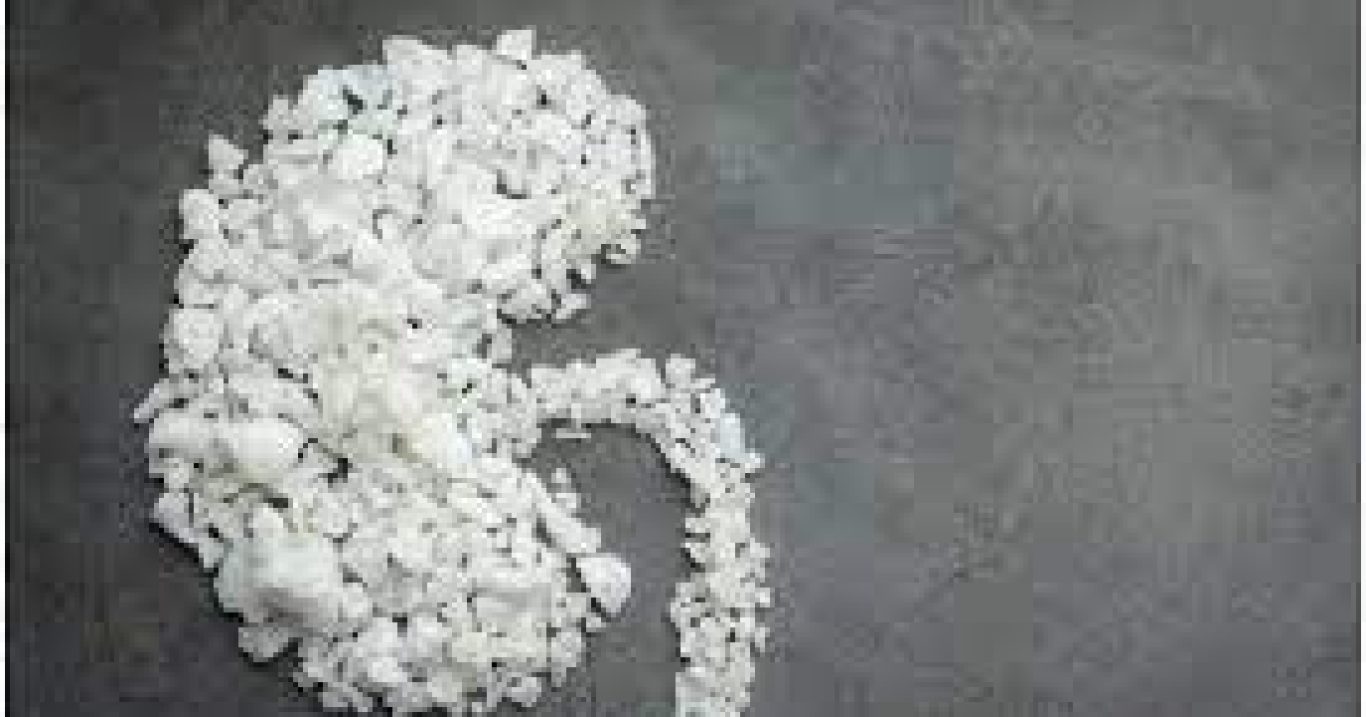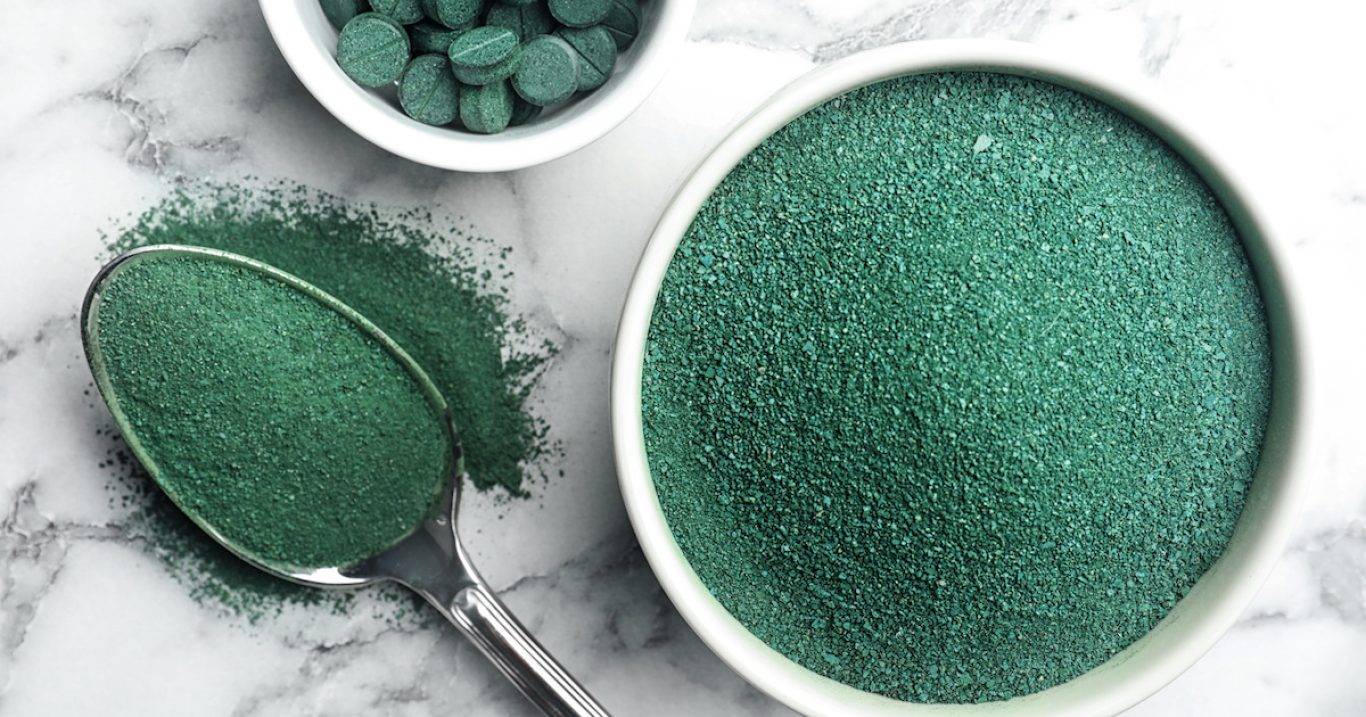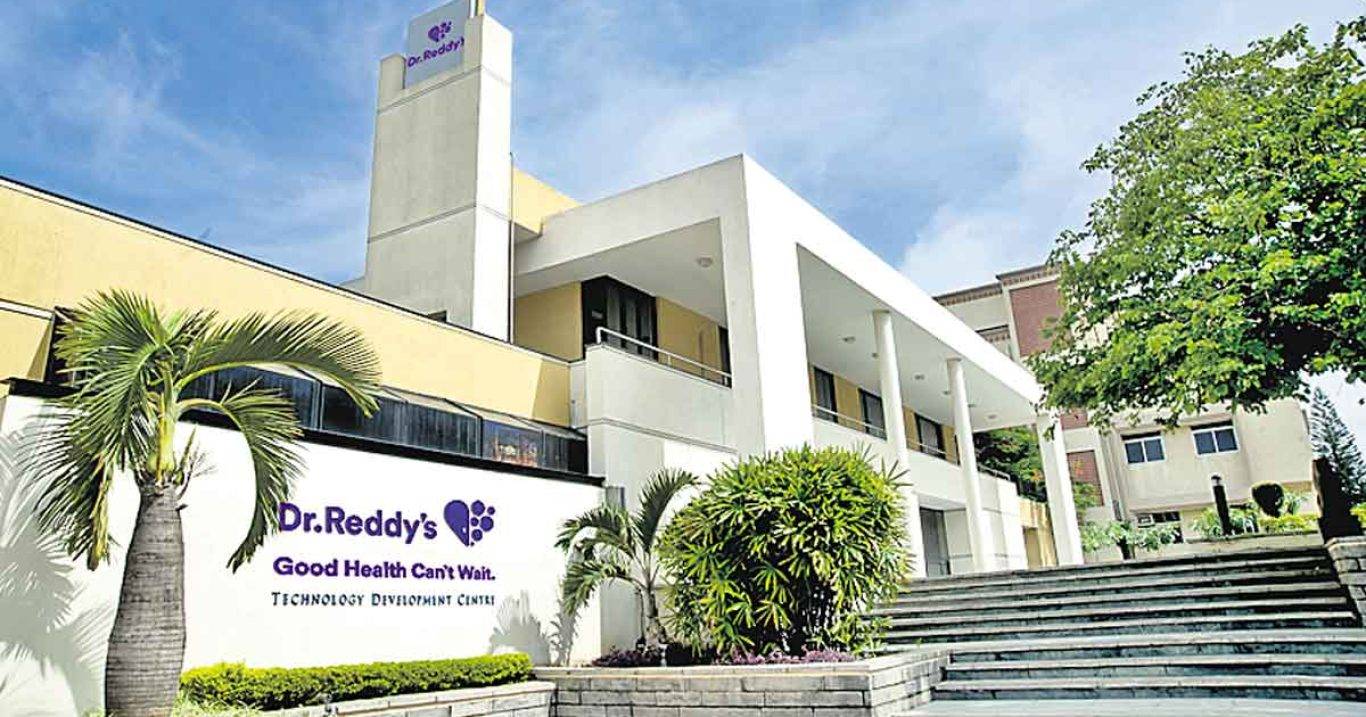Indian pharma's US tripping benefits MNCs Drug majors benefit in US despite expiry of patent protection as permission gets delayed or frozen for generic variants from firms in India

Regulatory trouble in the US for Indian drug makers seems to have helped big pharmaceutical companies, with the impact on generic competition.
Indian pharma’s US tripping benefits MNCs
Drug majors benefit in US despite expiry of patent protection as permission gets delayed or frozen for generic variants from firms in India
Import bans by the Food and Drug Administration (FDA) on products from Ranbaxy Laboratories’ four domestic factories, for violation of manufacturing norms, prevented the company from launching in time at least three generic drugs in the American market which would have come with 180 days of exclusive sale rights. Hence, multinational drug companies were allowed to sell expensive products despite expiry of patent protection.
The latest to benefit is AstraZeneca’s heartburn drug, Nexium, the patent for which expired in May. In the absence of a generic rival, the multinational continues to rule. Nexium had global sales last year of $3.9 billion and US sales of $2.1 billion. Ranbaxy, which had won the right to launch the drug’s generic version after challenging its patent, failed to launch its product in time because of the FDA barring it from sourcing ingredients from a plant in India which failed to comply with regulatory norms.
| ONE’S LOSS IS ANOTHER’S GAIN |
|
Ranbaxy, once known for its aggressive first-to-file (FTF) strategy challenging blockbuster products in the world’s largest drug market, faced similar delays in launching the generic version of Roche’s Valcyte and Novartis’ hypertension drug, Diovan. The Gurgaon-headquartered company, acquired by Sun Pharma earlier this year, finally managed to launch the generic of Diovan this month, whereas this had been expected in September 2012. Ranbaxy is yet to launch the generic of Valcyte, though it was expected in March 2013 under a settlement. Its failure also kept other Indian companies away from the US market because it possesses the FTF right for these generic medicines in the US.
Estimates show in the absence of generic competition, the three blockbuster drugs – Nexium, Diovan and Valcyte – clocked a combined sale of around $8 billion in 2013, while patients in the US had to pay more.
Industry officials say similar FTF rights might be pending for approval from other domestic drug makers such as Wockhardt and others facing regulatory hiccups in the US market. Various generic drug applications from these companies are known to be pending with the FDA.
Apart from regulatory hindrances, increasing generic penetration in the US has resulted in delay in product approvals, with the FDA being cautious and strict on quality parameters and compliance.
“Growth of the pharmaceutical industry has been impacted to a great extent by lack of new product approvals, almost non-existent due to changing regulatory requirements,” says Glenn Saldanha, chairman of Glenmark Pharmaceuticals.
Ranbaxy, Sun Pharma and Cadila Healthcare had raised the issue of delayed approvals with FDA Commissioner Margaret Hamburg, when she visited India earlier this year.
“Thr net losers are American patients and the Indian pharma industry,” says Tapan Ray, former president of the Organisation of Pharmaceutical Producers of India. He said the government should take up this issue at the highest levels of the American government.
India, largest foreign supplier of generic medicines to the US, supplies 30-40 per cent of the world’s generic medicines. It is expected to improve its pharma exports from around $15 billion a year to $25 billion by 2016.






